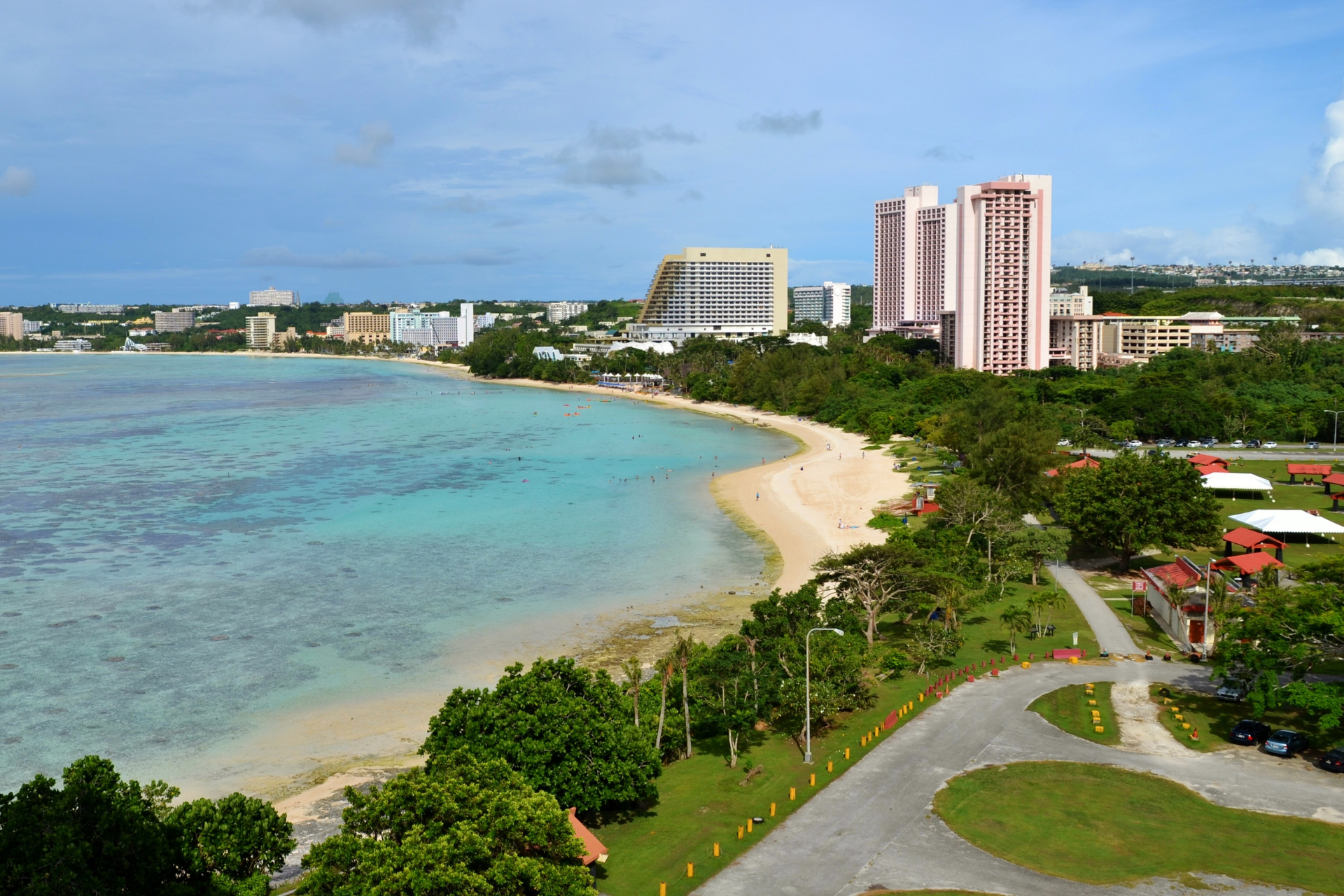The central, consuming issue of Puerto Rico’s political discussion is the territory’s ultimate governing arrangement. As former “commonwealth” party Governor Rafael Hernandez Colon has written, “all factions do agree on the need to end the present undemocratic arrangement, whereby Puerto Rico is subject to the laws of Congress but cannot vote in it.”
The ways for ending territory status that have precedent are for the territory to become a State of the U.S. or a state in the international sense, a nation. Resolution of the status issue in Puerto Rico has been frustrated, however, by the idea that there can be an unprecedented “commonwealth status.” U.S. Government authorities have repeatedly rejected “commonwealth status” proposals as impossible for constitutional and other reasons.
Statehood has the most public support. In Puerto Rico’s only plebiscite limited to possible status options in November 2012, 61.2% chose statehood as the alternative to the current territory status (which is also sometimes misleadingly called “commonwealth” because the word is used in the official name of the territorial government). Nationhood in an association with the U.S. that either nation could end (free association) ran second with 33.3% of the vote. Absolute independence obtained 4.5%.
Independence once had much more support than it does now. The “commonwealth status” movement grew out of the independence movement, and the free association movement out of the “commonwealth” movement.
The independence movement has also been split between factions that advocate independence through the democratic process and outside of it. Those who seek to obtain independence through means other than votes have also been split between those who speak and demonstrate peacefully and those who resort to violence, although the violent nationalist movement died out decades ago, in part because of Commonwealth and Federal law enforcement efforts.
A new book by former New York State Assemblyman Nelson Denis, entitled War Against All Puerto Ricans: Revolution and Terror in America’s Colony, is bringing new attention to the violent Puerto Rican nationalist movement of the mid-20th century.
International Efforts
Another source of headlines about Puerto Rican independence has long come from the international political efforts of the Puerto Rican Independence Party as well as those of nationalists who do not support or work with the party.
The Independence Party had a new accomplishment at the 2015 meeting of the Community of Latin American and Caribbean States (CELAC). Nicaragua’s president, Daniel Ortega, made party leaders members of this country’s delegation. Ortega later named longtime party leader Ruben Berrios Martinez as a special assistant.
The Secretary General of the party, Juan Dalmau, described the steps as “a new international campaign to pressure the United States to respond to the claim of decolonization of Puerto Rican people.”
Cuba’s president, Raul Castro, was another voice at the CELAC meeting for Puerto Rican independence. Castro asserted during his speech to the organization that, “the Community will be incomplete while Puerto Rico is not a member,” that is, until Puerto Rico is independent. Cuba annually sponsored resolutions in the U.N.’s decolonization committee that call for Puerto Rican independence from the U.S.
Venezuelan President Nicholas Maduro is another Latin American leader who has repeatedly called for independence for Puerto Rico. Unfortunately for the independence movement, few insular voters heed the calls and the intended target, the U.S. Government, pays little attention.



The political status of Puerto Rico is an internal matter between Americans, no foreign nation has the right to be involved. The independenistas are killing their cause by associating with dictators like Castro and Maduro.
Well said Chris!
And still then… an overwhelming majority of the voters will not support Independence.
As a Non-Puerto Rican American citizen, I can assure you that plenty of Americans in the existing 50 States will welcome PR as a new State if that is the way you vote. But you do need to vote. Pressure needs to be put on the house committee to send the statehood bill to the floor for a real vote in Congress.
Ese discurso de que el caso de Puerto Rico es uno interno de los Estados Unidos ya esta totalmente desacreditado. Ese ha sido el discurso de los Estados Unidos como potencia imperial y de los colonialistas del patio desde hace decadas ante las Naciones Unidas y el resto del mundo. Pero ya la tortilla se viro y ahora los gringos estan sintiendo la presion de nuestros hermanos latinoamericanos y del resto del mundo. Puerto Rico es parte de Latinoamerica y nunca sera un estado de gringolandia. La independencia es la unica opcion para salvar nuestra patria.